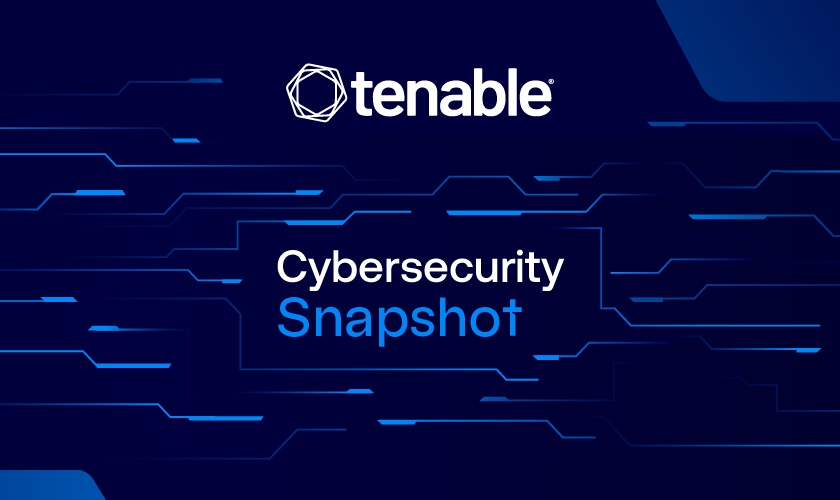Tenable Report Warns: AI Adoption Racing Ahead of Security Measures

AI Security Gap Widens as Rapid Adoption Outpaces Protections
A new report highlights a growing concern among technology leaders: organizations are deploying AI for business-critical workloads faster than they can secure them. According to the “State of Cloud and AI Security 2025” report by Tenable, conducted in partnership with the Cloud Security Alliance, nearly a third of organizations using AI have already experienced an AI-related breach.[1]
Why This Matters
As AI technologies become integral to critical operations across sectors, weak security could lead to significant vulnerabilities. The rapid integration of AI into cloud-based systems amplifies exposure to new threats, making both technology and data more attractive targets for cyberattacks.[1]
Key Findings from the Report
- Widespread AI Adoption: Most surveyed organizations rely on AI for essential functions, from data analysis to automation.
- Breach Incidence: Roughly 33% of companies already using AI reported an AI-related security breach in the last 12 months.
- Security Shortcomings: Many organizations lack robust identity, access management, and patching protocols — weaknesses that hackers exploit.
- Guidance and Regulation: The U.S. National Institute of Standards and Technology (NIST) recently issued patching guidelines, and the Cybersecurity and Infrastructure Security Agency (CISA) updated its vulnerability management roadmap to counter these threats.[1]
Expert and Industry Reactions
Security professionals urge immediate investments in AI risk management, recommending improved incident preparedness and regular system updates. Policymakers are also monitoring the gap, with discussions of industry standards and stricter enforcement likely on the horizon.[1]
What’s Next?
The pressure is on for organizations to treat AI security as essential — not optional. With spending on AI infrastructure at a record $40 billion annually in the U.S., any delay in adopting best-in-class security could have nationwide consequences.[1] Expect continued regulatory action, and a new competitive emphasis: "the safest AI wins."
How Communities View the AI Security Shortfall
The release of Tenable's AI security report has sparked intense discussion across X/Twitter and r/cybersecurity. The debate centers on whether rapid AI adoption is creating a new class of risks or if existing security practices can adapt in time.
-
Worried Practitioners (approx. 50%): Users like @SecOpsMike and r/cybersecurity regulars highlight their anxieties about the one-third breach rate, calling it “an industry wake-up call.” Many describe their workplaces rushing to deploy AI with little governance, predicting large-scale attacks in the near future.
-
Optimistic Technologists (about 25%): Some (e.g., @AIInfraPro) argue the threats are surmountable with proactive investment in patching, access controls, and monitoring. They cite the NIST and CISA guidelines as a positive sign.
-
Policy Advocates and Watchdogs (about 15%): Voices like @JaneDataEthics push for government regulation and standards. Several point to the lack of mandatory compliance as a root issue.
-
Industry Leaders/Executives (10%): A few CTOs and CISOs (e.g., @CloudExec) comment that high-profile breaches could accelerate board-level attention to AI risk but urge balance to avoid stifling innovation.
Overall, sentiment is anxious but solution-oriented, with a strong call for companies to act before new AI-powered threat vectors are fully weaponized.